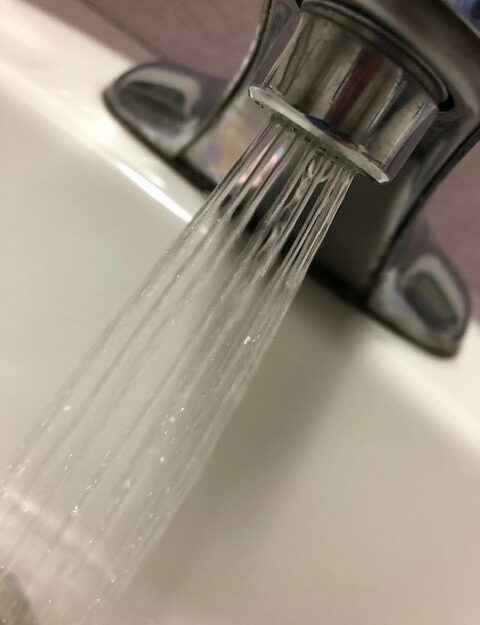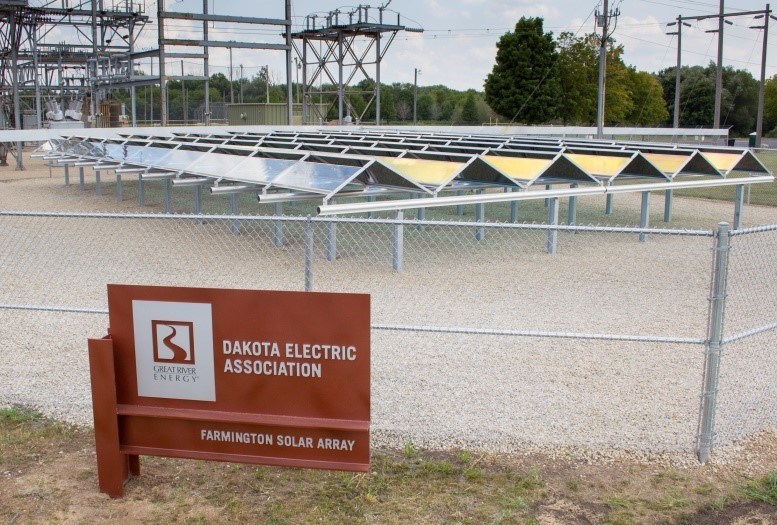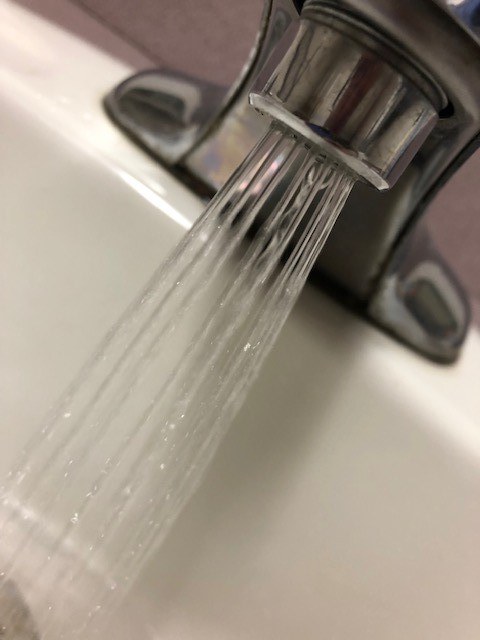Reducing your personal energy use

by Katie Traub, community and energy outreach/ AmeriCorps member with the Center for Energy and Environment through Conservation Corps’ Individual Placement program
Did you know that the average Minnesotan uses about 45,000 kWh of energy every year? That’s enough to charge your cellphone for 2.7 million hours or power a lightbulb for 84 years! But where does this energy come from and how does using it affect our environment?
In my placement with the Center for Energy and Environment, I get to spend my days going to schools, summer programs, and community events all around the Twin Cities, talking to kids about the energy that we use here in Minnesota – where it comes from, why we want to use less of it, and easy things we all can do to help reduce the negative consequences of our everyday behaviors.
Though this specific program is geared towards kids, the information can be helpful for people of all ages, and I often find that many adults learn new things from the presentations!
Here are some things that might be helpful when thinking about reducing your personal energy use!
Where does your energy come from?

Dakota Electric Solar Farm in Farmington, MN. Source: Dakota Electric Association
If you live in Minnesota (and most places in the United States) the answer to this question is fossil fuels. Almost 80% of the energy consumed in Minnesota comes from coal, oil, and natural gas. As many of us know, fossil fuels aren’t exactly the most environmentally friendly energy source. Being aware of where our energy comes from can help us make decisions about how we use it. For example, someone who gets their electricity from coal may decide to use less electricity than someone who gets their electricity from wind. Many utilities offer programs to support renewable energy and offer incentives to join energy-saving programs.
Why should we use less energy?
Looking back at the sources of our energy gives us a few reasons why we might want to use less energy. Since so much of our energy comes from fossil fuels, using less can help make our planet healthier, and helps conserve valuable resources that are limited. Saving money is another great reason to use less energy.
What can you do to use less energy?

Faucet aerators reduce flow of sinks and help save water and energy.
There are a bunch of super-easy things that we can easily incorporate into our daily routines to help us save energy and money.
- Turn off lights – something we have all been told as kids (and adults). Switching lights off when you are not using them is a great habit to get into and the savings can add up!
- Unplug your electronics. Even when things are turned off, they are still pulling electricity (think of the little lights you can see on a TV, computer or the heat you feel from chargers when not in use). These “energy vampires” cost the United States $4 billion in wasted energy every year!
- Use less water. Energy is needed to treat, pump, and heat our water. Low flow showerheads and faucet aerators are a great way to make a little water go a long way.
- Think about transportation. Most of our vehicles run on fossil fuels. Combine multiple trips into one, carpool, take the bus, walk or bike to help reduce your CO2 emissions.
Sources: U.S. Energy Information Administration, Dakota Electric Association